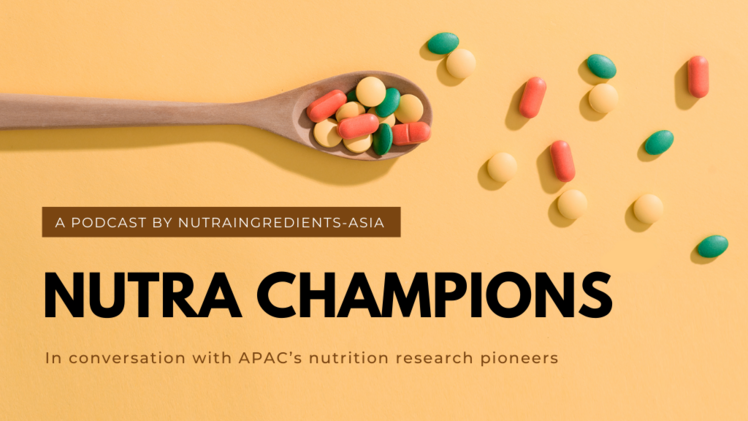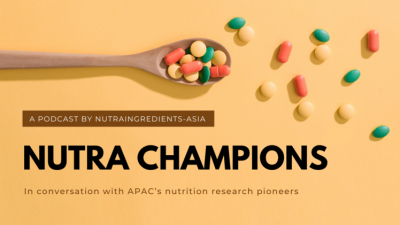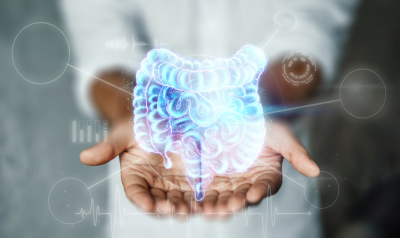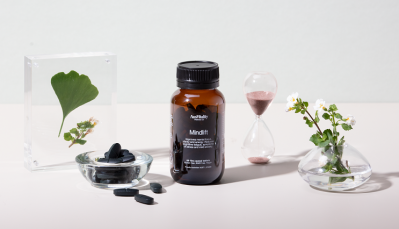NutraChampion episode 27
Oral FMT and ulcerative colitis: Attention turns to dose and frequency after trial leads to remission - LISTEN

Professor Rupert Leong is the senior staff specialist gastroenterologist, director of Endoscopy and head of the Inflammatory Bowel Disease Service at Concord Hospital in Australia, and is the guest of our latest NutraChampion podcast.
Findings of his recent study showed that ulcerative colitis patients who showed positive response to oral FMT over an eight-week period and continued the regime for another 48 weeks were found to be in clinical, endoscopic, and histologic remission at week 56 of the study. In contrast, in patients who withdrew from the oral FMT intervention, none was found to be in remission.
In Australia, the Therapeutic Goods Administration (TGA) commenced a set of new regulatory requirements for FMT since July 1 last year.
A FMT product is defined as “a thing that comprises, contains or is derived from human stool” and “is for introduction into a person for therapeutic use”.
These products could be introduced into the bowel via rectal enema, colonoscopy, nasoduodenal tube, and also orally.
Prof Leong’s study is the first to find out the effects of oral FMT on ulcerative colitis.
The next step is to conduct a maintenance study to find out the optimal dose and dosage interval needed for the benefits to sustain.
“I think the next question that we want to ask is how much, how little, how regular, how irregular we can give these organisms in order to continue the clinical benefits, the endoscopic benefits and the histological benefits but also maintain the microbial signature of a well-balanced microbiome inside the gut,” Prof Leong said.
He also highlighted the importance of finding out the mechanism of action.
“What we need to do is to work out the active products that the organisms are producing and maybe then we can turn it into a drug.
“At the end of the day, it is probably not about the organisms per se but about what they are doing, and I think that’s probably where the research needs to go to.”
Regulatory status
At the moment, all FMT products are regulated as biologicals by the TGA.
However, where a strain of microorganisms known to be present in stool and are characterised and grown from established isolates with standardised consistency, the FMT product may be regulated as medicines instead.
Prof Leong is also the chair of the Clinical Working Group advising the TGA on the regulation of faecal microbiota transplantation.
He also talked about research involving natural ingredients such as aloe vera and curcumin in treating ulcerative colitis during the podcast.
Listen to find out more.

















